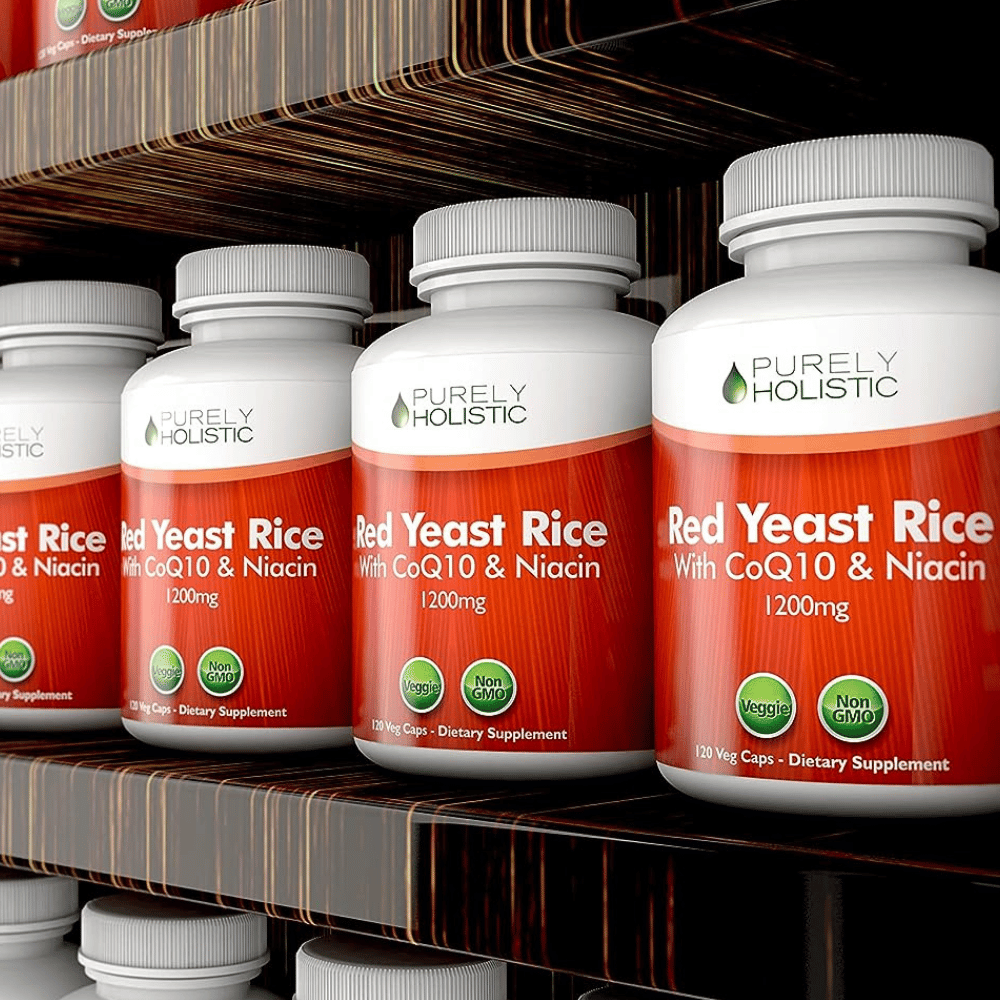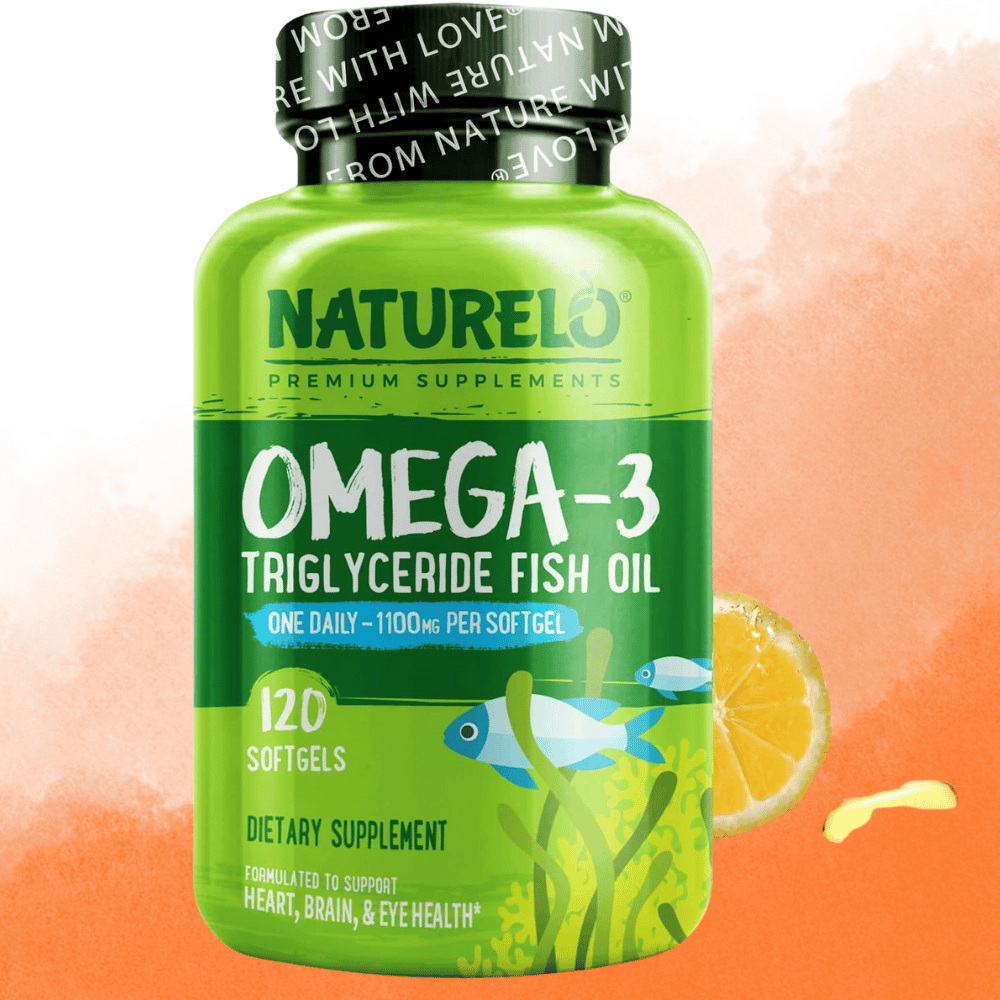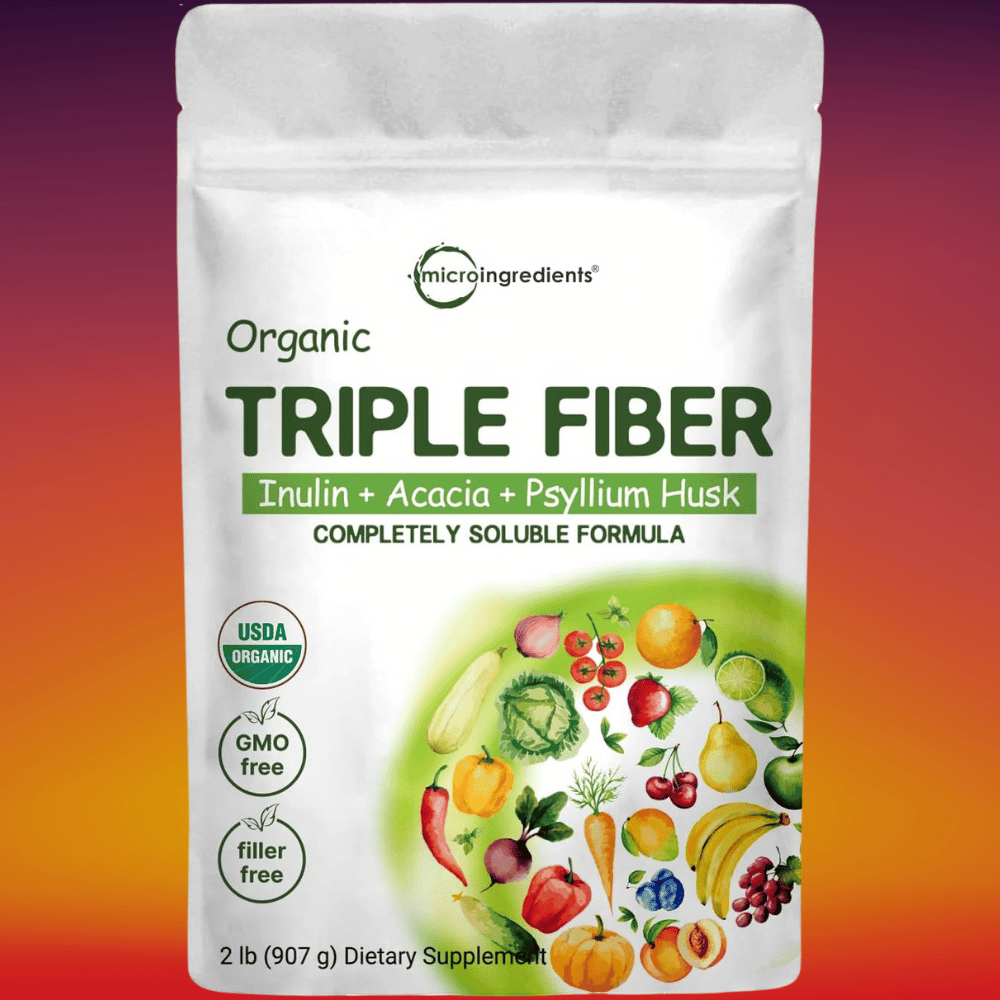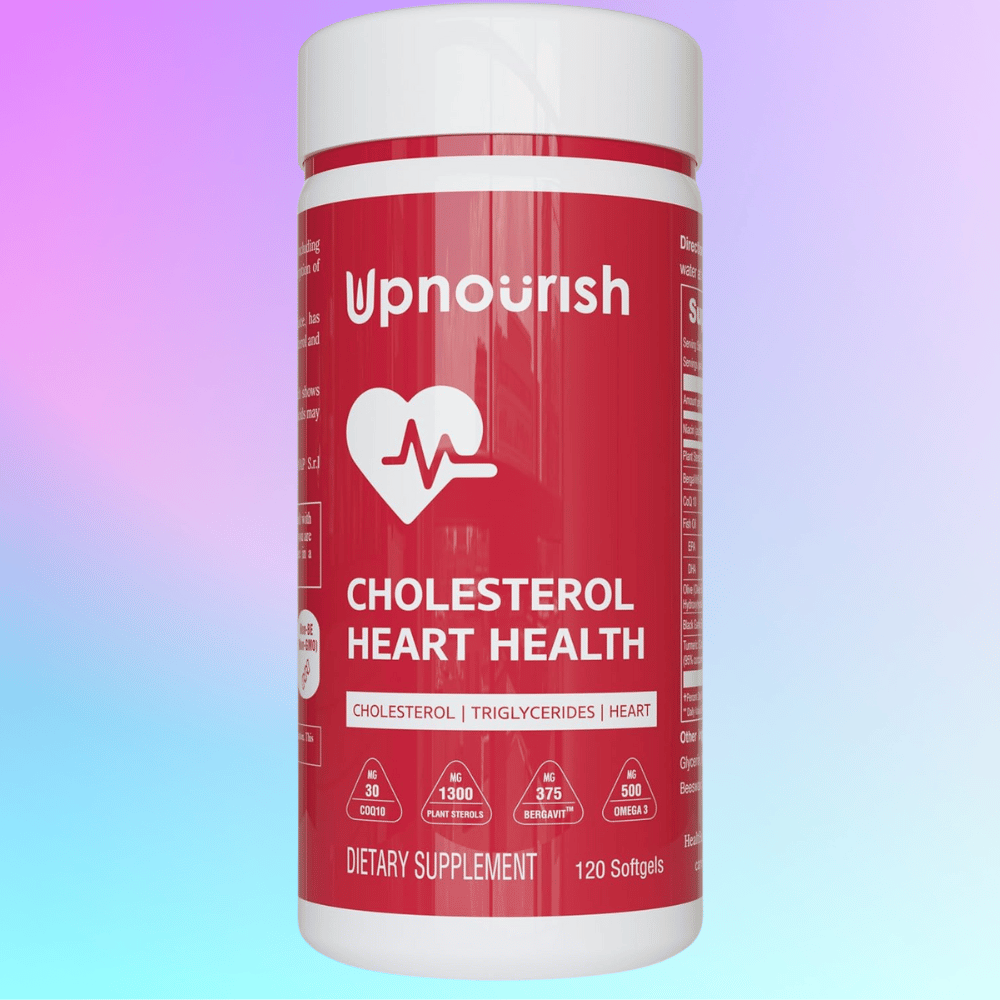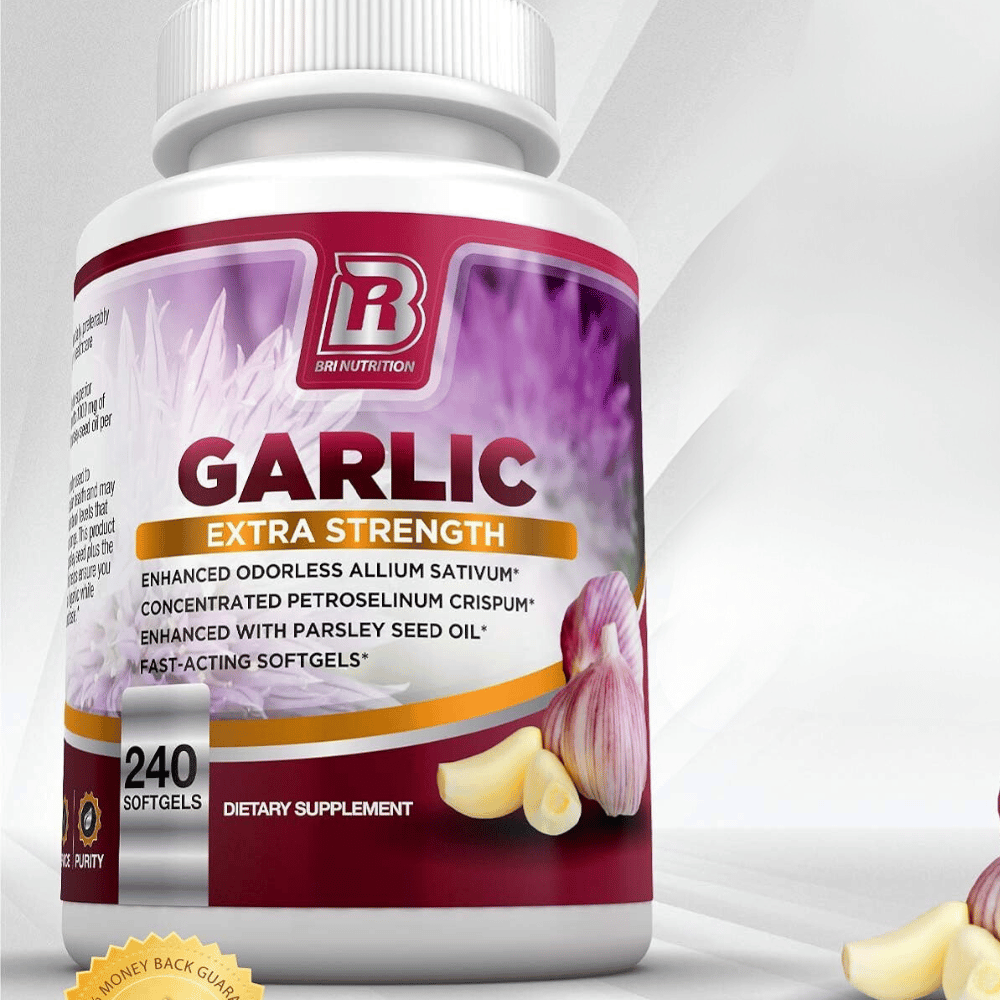Key Takeaways:
- Discover the top supplements that can help manage lower cholesterol levels effectively.
- Understand how each supplement works and the evidence supporting its use.
- Learn about the potential interactions and considerations when taking cholesterol-lowering supplements.
Cholesterol management is a critical aspect of maintaining heart health and preventing cardiovascular disease. With a plethora of supplements on the market, it can be challenging to discern which ones are truly effective.
This article will delve into the five best supplements for cholesterol reduction, providing you with the knowledge to make informed decisions for your health.
Understanding Cholesterol and Its Impact on Health
Cholesterol is a waxy substance found in your blood, essential for building healthy cells. However, high levels of low-density lipoprotein (LDL) cholesterol, often referred to as "bad" cholesterol, can lead to the buildup of plaques in your arteries, increasing the risk of heart disease and stroke.
Conversely, high-density lipoprotein (HDL) cholesterol is considered "good" cholesterol because it helps remove other forms of cholesterol from your bloodstream.
The Role of Supplements in Cholesterol Management
While prescription medications are commonly used to manage high cholesterol, many individuals turn to over-the-counter supplements as a complementary approach to reduce cholesterol further.
These supplements may support the body's natural processes to lower LDL cholesterol and raise HDL cholesterol, potentially reducing the need for cholesterol-lowering medications.
Why We Love It
Red yeast rice has been used in traditional Chinese medicine for centuries and contains a substance called monacolin K, which is chemically identical to the active ingredient in certain prescription cholesterol-lowering drugs.
Randomized controlled clinical trials have shown that red yeast rice supplements can effectively lower LDL cholesterol levels. However, it's important to note that the concentration of monacolin K can vary widely among different dietary supplements and manufacturers.
Why We Love It
Omega-3 fatty acids, found in both fish oils and oil supplements, are well-known for their heart health benefits. These fatty acids can help lower triglyceride levels, reduce blood pressure, and even slightly lower LDL cholesterol.
The American Heart Association recommends the consumption of fish oil or omega-3 supplements for those with high triglycerides and as a preventive measure for those at risk of cardiovascular disease.
Why We Love It
Soluble fiber forms a gel-like substance in the digestive tract that binds to cholesterol and helps remove it from the body. This process can lower LDL cholesterol and is beneficial for overall heart health.
Soluble fiber supplements, such as those containing psyllium husk, are an excellent way to increase your daily fiber intake, especially if you struggle to consume enough fiber through diet alone.
Why We Love It
Plant sterols and stanols are substances in small amounts in many fruits, vegetables, nuts, seeds, cereals, and other plant sources. They are structurally similar to cholesterol and can block its absorption in the digestive system. Supplements containing plant sterols and stanols have been shown to lower LDL cholesterol levels and are often recommended as part of a heart-healthy diet.
Why We Love It
Garlic has been touted for its potential health benefits, including its ability to manage cholesterol. Some studies suggest that garlic supplements can modestly reduce total cholesterol and LDL cholesterol levels. Garlic is also known for its benefits in blood pressure management and may offer additional cardiovascular protection.
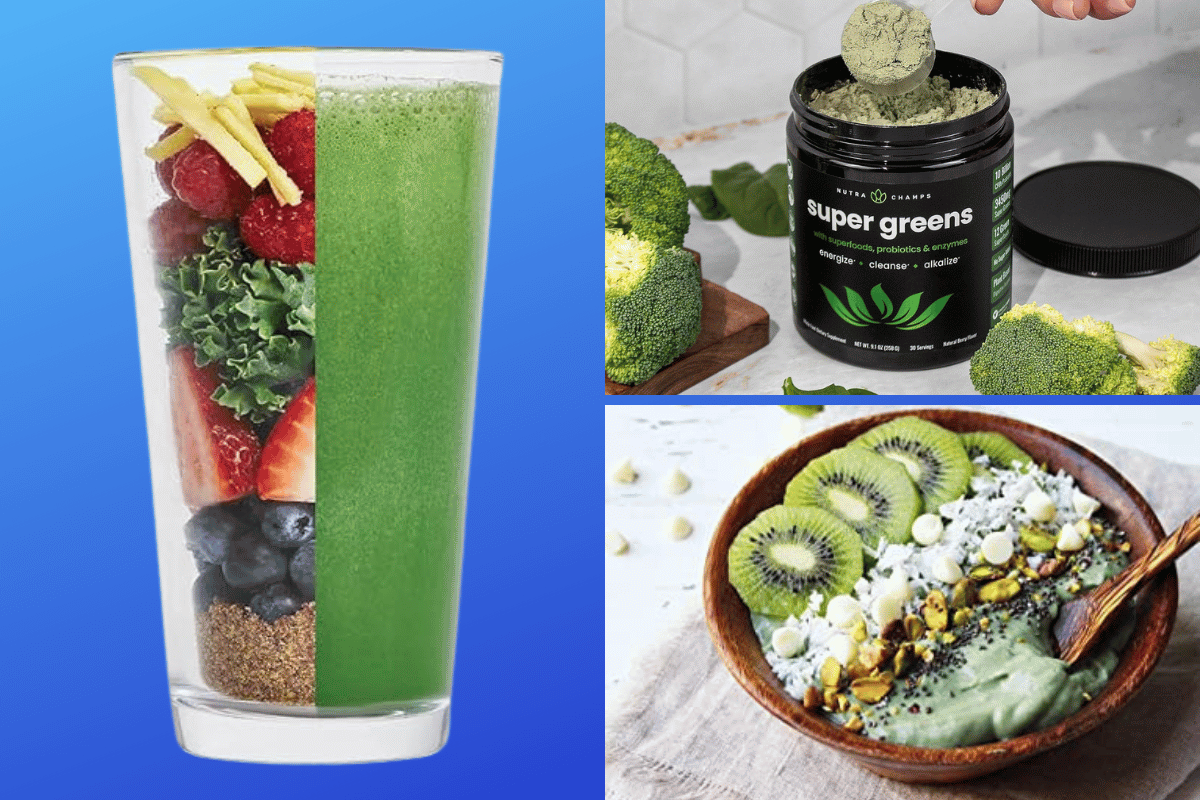
The Importance of Quality and Purity in Supplements
When choosing supplements, it's crucial to select high-quality products from reputable manufacturers. The purity and potency of supplements can differ significantly, and some may contain contaminants or not provide the labeled amount of active ingredients. Always look for products that have been independently tested and verified by organizations such as the U.S. Pharmacopeia (USP) or NSF International.
Potential Interactions and Side Effects
Before starting any new supplement, it's essential to discuss it with your healthcare provider, especially if you're taking other medications. Some supplements can interact with prescription medications, potentially leading to adverse effects or reduced efficacy. For example, red yeast rice products should not be taken with cholesterol-lowering medications due to the risk of negative effects.

Lifestyle Changes: The Foundation of Cholesterol Management
While supplements can play a role in lowering cholesterol, they should be part of a broader strategy that includes lifestyle changes. A healthy diet rich in whole grains, fruits, vegetables, and lean proteins, regular physical activity, and smoking cessation are foundational steps in managing cholesterol levels and reducing cardiovascular risk factors.

Navigating the Complex World of Cholesterol-Lowering Drugs vs. Supplements
When it comes to lowering cholesterol, the debate between cholesterol-lowering drugs and over-the-counter supplements is ongoing. Prescription medications, such as statins, are backed by numerous randomized controlled clinical trials and are a go-to for many healthcare providers. They are specifically designed to lower LDL cholesterol and have a proven track record in reducing cardiovascular risk factors.
However, some individuals experience adverse effects or prefer alternative medicine approaches, leading them to seek out supplements like red yeast rice, which contains a substance called monacolin K, chemically identical to certain drugs.
On the flip side, dietary supplements for cholesterol management are gaining traction in the realm of complementary and integrative health. These supplements, including fish oil omega-3 fatty acids, soluble fiber, and plant sterols, are often marketed as natural ways to manage cholesterol.
While they may not have the same potent effect on lipid levels as prescription medication, they can play a role in a healthy diet and are associated with fewer negative effects. It's important to note that the effectiveness and safety of supplements can vary widely, and more research is needed to fully understand their impact on cholesterol levels and heart health.
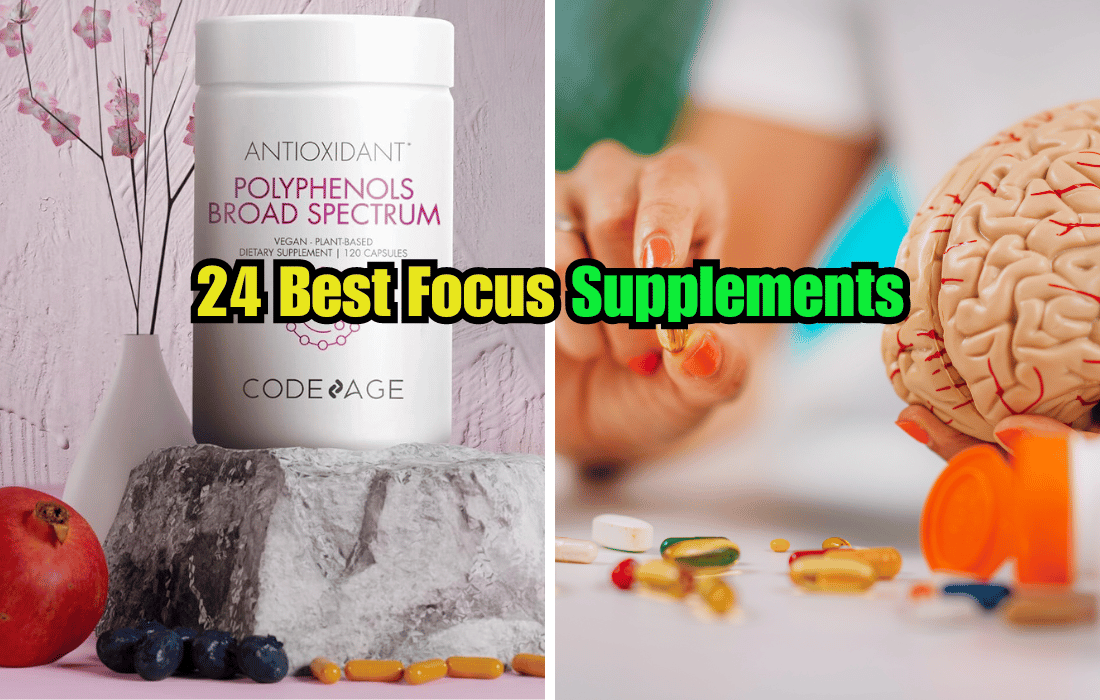
The Synergistic Effect of Combining Supplements for Optimal Cholesterol Control
For those looking to maximize their own cholesterol and triglycerides-lowering efforts, combining different dietary supplements may offer a synergistic effect. For instance, taking fish oil supplements alongside soluble fiber supplements could potentially enhance the overall cholesterol-lowering effect.
The omega-3 fatty acids in fish oil can help reduce triglyceride levels and raise HDL cholesterol, while the gel-like substance formed by soluble fiber in the digestive tract can hinder cholesterol absorption and aid in its excretion.
However, it's crucial to approach this strategy with caution and knowledge. Combining supplements can sometimes lead to interactions with other drugs or other medications you may be taking. It's always recommended to consult with a healthcare provider or a specialist in integrative health before starting any new supplement regimen.
Additionally, supplement manufacturers and food manufacturers are not regulated as strictly as pharmaceutical companies, so the quality and purity of supplements can vary widely.
Always opt for products from reputable sources and those recommended by trusted institutions like the Cleveland Clinic or the National Center for Complementary and Integrative Health.
Key Points About Low-Density Lipoprotein Cholesterol
Low-density lipoprotein (LDL) cholesterol is often referred to as "bad" cholesterol. It's one of the types of lipoproteins that carry cholesterol throughout your body. LDL cholesterol is considered "bad" because high levels can lead to the buildup of plaque in your arteries, which can increase the risk of heart disease, stroke, and peripheral artery disease.
Cholesterol itself is a waxy, fat-like substance that's found in all the cells of your body. Your body needs cholesterol to make hormones, vitamin D, and substances that help you digest foods. Your body makes all the cholesterol it needs, but cholesterol also comes from the food you eat, particularly animal products.
LDL cholesterol is just one part of your overall lipid profile, which also includes high-density lipoprotein (HDL) cholesterol and triglycerides. HDL cholesterol is often called "good" cholesterol because it helps remove other forms of cholesterol from your bloodstream. Higher levels of HDL cholesterol are associated with a lower risk of heart disease.
Here are some key points about LDL cholesterol:
1. LDL cholesterol can accumulate on the walls of your arteries and form plaque, a thick, hard deposit that can narrow the arteries and make them less flexible. This condition is known as atherosclerosis.
2. If a clot forms and blocks a narrowed artery, it can result in a heart attack or stroke.
3. Lifestyle changes, such as diet, exercise, and quitting smoking, can help reduce LDL cholesterol levels.
4. Certain factors can contribute to high LDL cholesterol, including genetics, obesity, a sedentary lifestyle, a diet high in saturated and trans fats, smoking, diabetes, and certain medical conditions.
5. Medications, such as statins, can be prescribed to help lower LDL cholesterol levels if lifestyle changes are not enough.
It's important to have your cholesterol levels checked regularly through blood tests to monitor your risk for cardiovascular diseases. If you have high LDL cholesterol, your healthcare provider will work with you to develop a plan to lower your risk.
SwagScale Summary
In the quest to manage high cholesterol alone, supplements can be a valuable addition to a comprehensive heart health strategy. The best supplements for cholesterol include red yeast rice, fish oil, soluble fiber, plant sterols and stanols, and garlic.
Each has a unique mechanism for supporting cholesterol management and may offer additional health benefits. However, it's essential to prioritize quality, discuss any new supplements with your healthcare provider, and remember that lifestyle changes are the cornerstone of effective cholesterol management.
Your Health Guru,
Kim
FAQ Section
Can supplements replace prescription medications for cholesterol management?
Supplements should not be used as a supplement or a replacement for prescription medications without consulting a healthcare provider. They may be used in conjunction with lifestyle changes and other drugs to help manage cholesterol levels.
Are there any risks associated with taking red yeast rice supplements?
Red yeast rice supplements can have side effects similar to prescription cholesterol-lowering drugs, including muscle pain and damage. The content of active compounds can also vary, so it's important to choose high-quality products and consult with a healthcare provider.
Q: Are there any risks associated with taking red yeast rice supplements? A: Red yeast rice supplements can have side effects similar to prescription cholesterol-lowering drugs, including muscle pain and damage. The content of active compounds can also vary, so it's important to choose high-quality products and consult with a healthcare provider.
Q: How long does it take for cholesterol levels to improve with supplements? A: The time frame for seeing improvements in cholesterol levels with supplements can vary. It typically takes several weeks to months of consistent use, along with lifestyle changes, to notice significant changes in cholesterol levels. Regular monitoring by a healthcare provider is recommended to assess progress.





